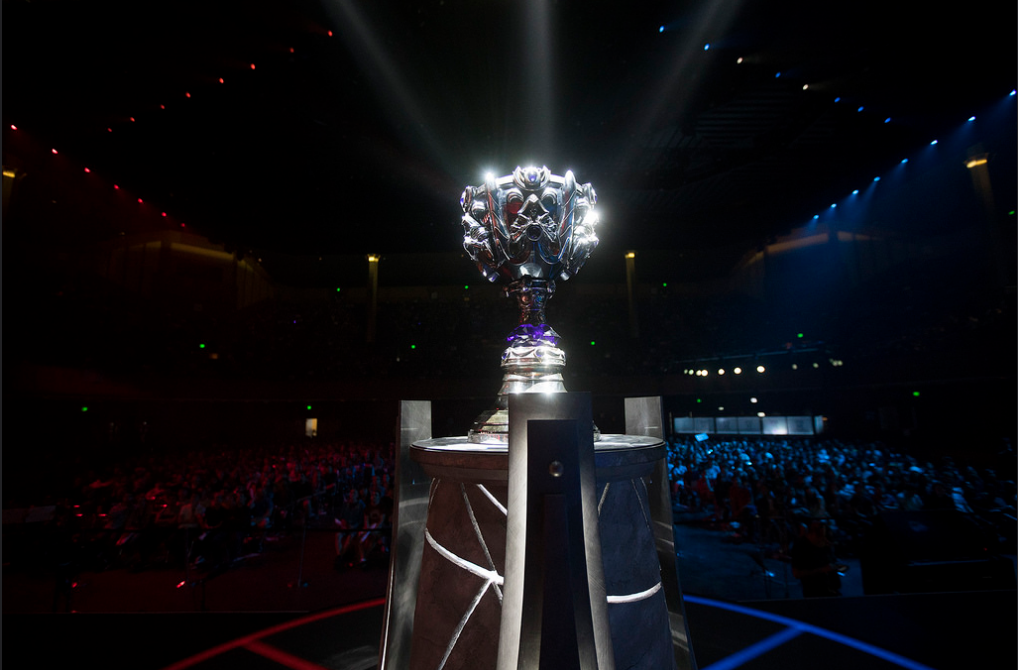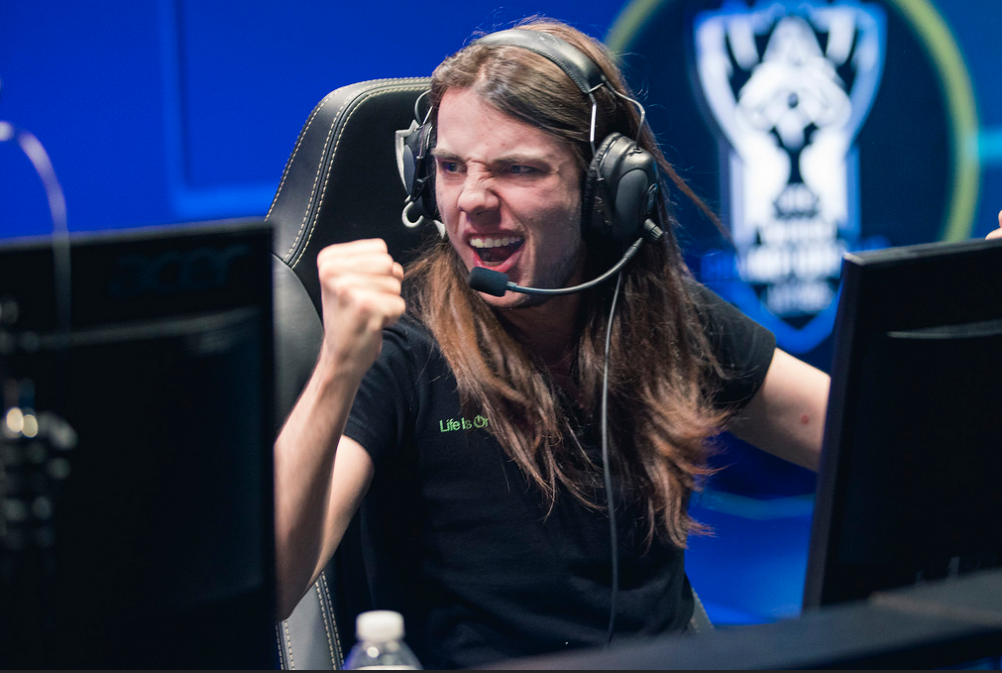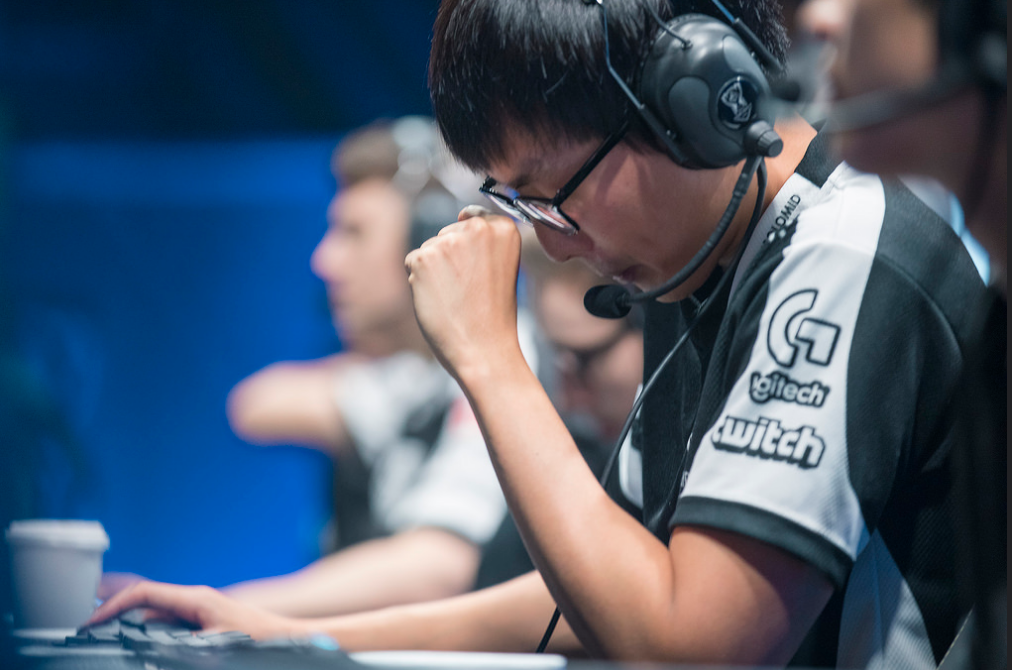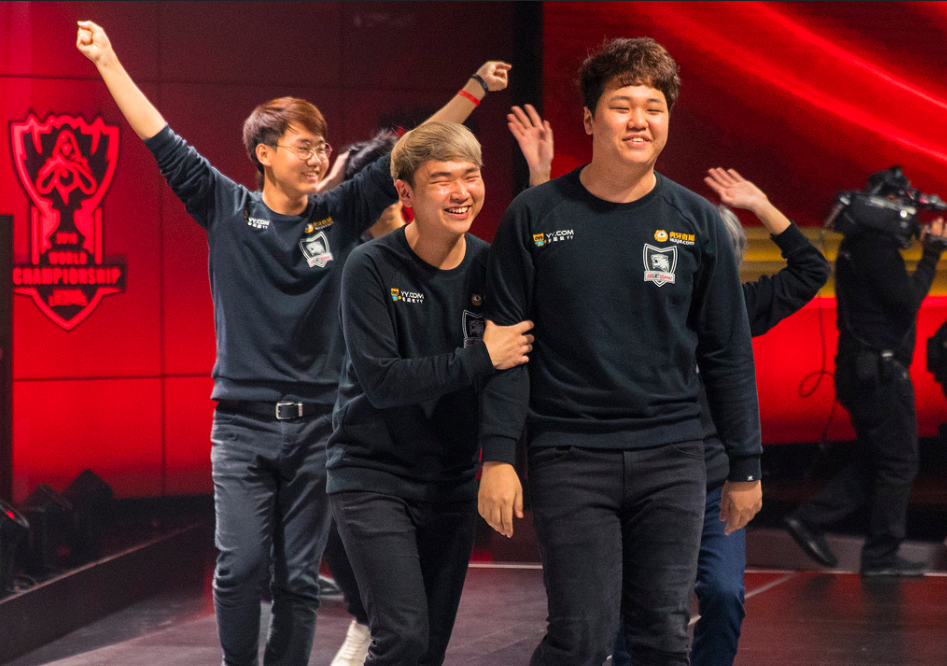Reflecting on the lessons of League of Legends' first weeks at Worlds
Underdogs can rise... but only so far.

League of Legends fans around the globe are enjoying the latest Worlds Championship, where the best and most talented teams from each region battle it out for the glory of victory and the satisfaction of besting rivals. It says a lot about this year’s Worlds, and the atmosphere around it, that the prize pool is rarely mentioned in comparison to the prestige of teams taking games and series off of their greatest enemies. That’s no small feat—the prize pool currently sits at four million plus, and is growing rapidly thanks to fan contributions. Worlds has successfully become League's largest and most important tournament not just by virtue of being the year’s final test of skill, but because this is finally the year when it feels like the playing ground is starting to even out.
For years, the victors have been Korean teams. Samsung and SKT T1 (twice!) have taken the throne over the last three World Championships. This year, especially during the first week of competition, anything seemed possible. It was a time of wonder, of awe, of pride, and eventually of sorrow. Now that the quarter finals are approaching, it’s time to look back at the most important lessons we all learned from the group stages of Worlds, and hope we can remember them for the future international tournaments that lay ahead.

You can’t count anyone out
When ROX Tigers, a tournament favourite and Korea’s #1 seed, dropped an early lead to Albus NoX Luma in their first match, the common assumption was that ROX were playing with their food. Then, INTZ took out Edward Gaming, China’s number one seed. No one expected that at the end of groups, Albux NoX Luma would make history by climbing out of their group and moving onto the quarter finals. The Wildcards made a huge statement this year, and it has become clear that no longer can teams treat any tier of competition as a joke. There will be no more tweets where NA players call EU players Wildcards as a joke. The term has become not an insult, but a celebration. While this is a great step forward, the reality is...

The gap hasn’t closed
“The gap” is the common phrase for the wide chasm in skill between Korea’s best and the rest of the world. As said previously, Korea has claimed the last three champions. The LCK is regarded as the pinnacle of skill, while North America, by contrast, is a well-funded clown fiesta. While North America has lagged behind over the years, this split was its most competitive yet. The Immortals would have been a solid choice to represent NA on the international stage, but they had to fight tooth and nail against Cloud9, and lost. C9 and Counter Logic Gaming both had their strengths as teams, but Team SoloMid was the real golden child of the region.
The team had only dropped one game during the summer, and they had improved across the board. It was widely assumed that they’d make it to quarters, probably even semis. They would be to NA what Fnatic had been to EU last year, when Fnatic made the semifinals and fought SKT T1 to a full best of five. Hopes were even higher when fans considered the Mid Season invitational. Counter Logic Gaming had attended to represent NA and finished in second place. Team SoloMid had looked even better this summer, soundly trouncing CLG every time they met. TSM would be the region’s redemption.
Unfortunately, things didn’t work out that way. Team SoloMid fell just one game short of making it out of their Group, and are packing up to head home. The region still has a lot to be proud of, however. Cloud9 escaped their group and are moving onto the quarters, and NA didn’t completely collapse. Falling just one game short is an improvement over last year, where NA did well in week one and then got swept across the board in week two. While improvements are to be celebrated, they’re bittersweet compared to the hopes fans had heading into the tournament. With that said, it’s important to note the last lesson of Groups.

Worlds is a celebration
Albus NoX Luma’s Likkrit stood on stage in front of thousands of fans. He had just made history with his team, breaking the Wildcard streak of failing to make it out of Groups. He had stood toe to toe with some of the best players in the world. He did not speak of himself or his team at first—he spoke in defense of G2 Esports. G2 had been Europe’s favourite, and they had only picked up one game during the tournament... their final game, against ANX. Likkrit praised G2 for giving it their all, noting that they had nothing to gain by fighting at the end. This is why we are at Worlds, he noted: competitive spirit.
Keep up to date with the most important stories and the best deals, as picked by the PC Gamer team.
In the end, the losses only make that competitive spirit sweeter. Fans who were rooting for G2 or TSM are hurt right now. Some people are even suggesting that it might be a mistake to sink so much effort and time and sweat into Worlds if it’s so possible to come away with nothing but heartache. It’s tough to watch a team buckle down and improve and struggle so much only to see their dreams dashed on stage, like watching Ralph Wiggum’s heartbreak in real time on the Simpsons.
It’s a part of esports, though, and that competitive spirit that drove them so far will likely not abate in the face of failure. Some teams are packing up and going home, perhaps feeling like they accomplished nothing, but even the failures of teams can be beautiful. To be a fan of a team is to appreciate the effort and discipline that got them so far, even as one regrets the sadness of the journey ending. This may have been the hardest journey yet for many teams, but the struggle to walk the path may lead to a smoother climb next year.

